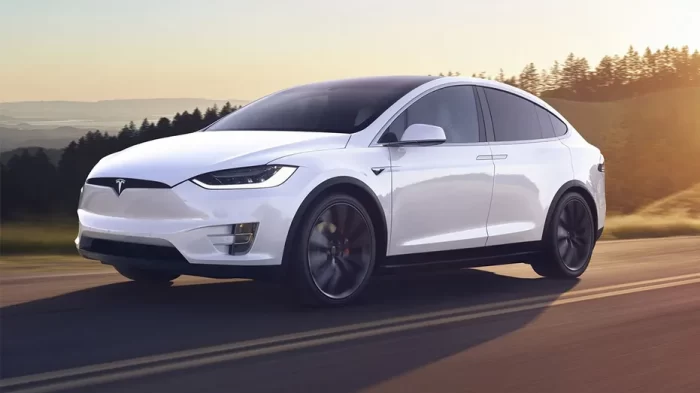“Accelerating the world’s transition to sustainable energy” is the mission statement of an all-too familiar electric car company. For the past ten years, Tesla has been on the forefront of eco-friendly vehicles. To the increasingly environmentally conscious public, buying one is among some of the most green things you can do to help save the planet. However, how seriously ecologically sound are these cars? Perhaps we are placing too much faith into yet another cry of energy efficiency.
As many may already know, CEO of Tesla (among other things) Elon Musk caused a rift amongst environmentalists in 2021 when he endorsed Bitcoin, a company notorious for their enormous carbon footprint, relying on thousands of miners 24/7. Although Musk has since denounced economic partnership with Bitcoin, this is just one of the many flubs in Tesla’s alleged conservationism. A recent study my Arabesque, a company that assesses socioeconomic and environmental impacts of big name brands, (particularly in automobiles) found that Tesla is among 15% of the world’s largest companies that refuse to reveal their greenhouse-gas emissions In fact, traditional gas reliant companies such as General Motors and Ford were reported to be far more transparent. If Tesla is as environmentally friendly as its mission statement claims to be, why isn’t it jumping at the chance to flaunt its vast superiority to its oil-using counterparts?
Besides this obvious suspicion, there are far more glaring pieces of explicit evidence that unveil Tesla’s absence of sustainability, masked with a luxury image and self-righteous claim of future-saving owners. Devonshire Research Group argues that Tesla, and virtually all electric vehicles, can create an equally damaging amount of pollution. For instance, burning carbon could still very well be utilized to generate power for electric cars. Power plants may use coal, intertwining with one’s hippie efforts. On a very general scale even, a Tesla’s very design entails a lot of rare metal. From lights to batteries to the software used for entertainment, many are gathered from destructive mines, including cobalt mines in Congo. Not to mention the obvious, Elon Musk is currently the world’s wealthiest person, surpassing American monopoly men like John D. Rockefeller, understandably leading to criticisms regarding the unfair distribution of wealth. It seems as though Musk’s ambition and wild visions for future products take a toll on his underpaid workers, particularly in his new manufacturing hub of Shanghai, China.
What does this mean for our generation? Well, while it is integral for us to all be conscious of our planet’s needs, the things an average person can do to help begin at a local level. Opt for the easy things, like shorter showers, carpooling, and limiting your plastic use. At the end of the day, it is really not our fault that the Earth succumbed to such conditions that it is facing. Ironically, it is big business owners like Musk to blame, a trend as old as time.
